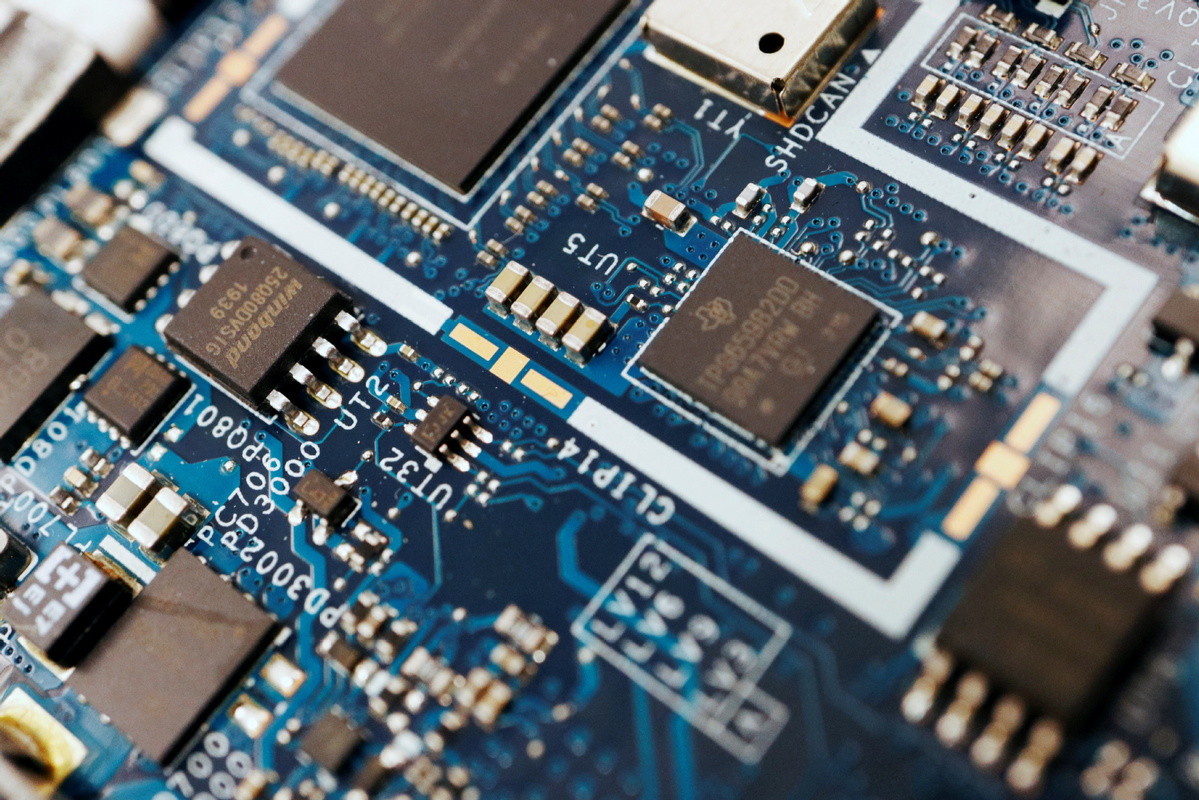US' calculations loss-leading for chip industry: China Daily editorial
chinadaily.com.cn | Updated: 2024-01-29 19:50

The "signature economic initiative" that the Joe Biden administration is highlighting continues to take on a darker hue. According to The Wall Street Journal, the administration is set to award billions of dollars in subsidies in the coming weeks to leading semiconductor companies to help them to build new factories.
The report says the grants are part of the $53 billion Chips Act, intended to reshore production of advanced microchips and fend off the Chinese mainland, which is fast developing its own chip industry. The report cites industry experts as saying the funding is aimed at kick-starting the manufacturing of advanced semiconductors for artificial intelligence and weapons systems applications, which should come as no surprise given the Biden administration's war lust.
While the Biden administration is trying to paint a picture of a rosy new dawn for the industry, the move will only distort the chips market.
Further, even though an unnamed official of the US Department of Commerce was cited as saying "this is a merit-based process with tough commercial negotiations — CHIPS awards will be entirely dependent upon which projects will advance US economic and national security", there is an additional criterion at play. The companies that are reportedly set to receive the new subsidies are Intel, which has projects underway in Arizona, Ohio, New Mexico and Oregon, and TSMC, with plants under construction in Arizona, exposing the Biden administration's intention of buying votes with more jobs in wavering states.
This additional political calculation, along with the plan's failure to address the domestic labor shortage, is only making the market-distorting effects of the administration's ill-designed economic policy worse. The move is unlikely to hold back the Chinese mainland for long, while also putting needless obstacles in the way of the industry's development. Some lawmakers and industry officials worry that, because of permit requirements and other factors, it could be years before the subsidized factories are churning out made-in-America chips.
And Jensen Huang, CEO of Nvidia, has suggested that the US' moves to keep an iron grip on the industry might be counterproductive and self-harming to the US' own technological leadership as they are only spurring Chinese companies to step up their efforts to produce advanced chips.
The Biden administration's blinkered view of the industry and its blindness to the mutually beneficial nature of China-US cooperation mean that it is unable to see the wood for the trees.
























